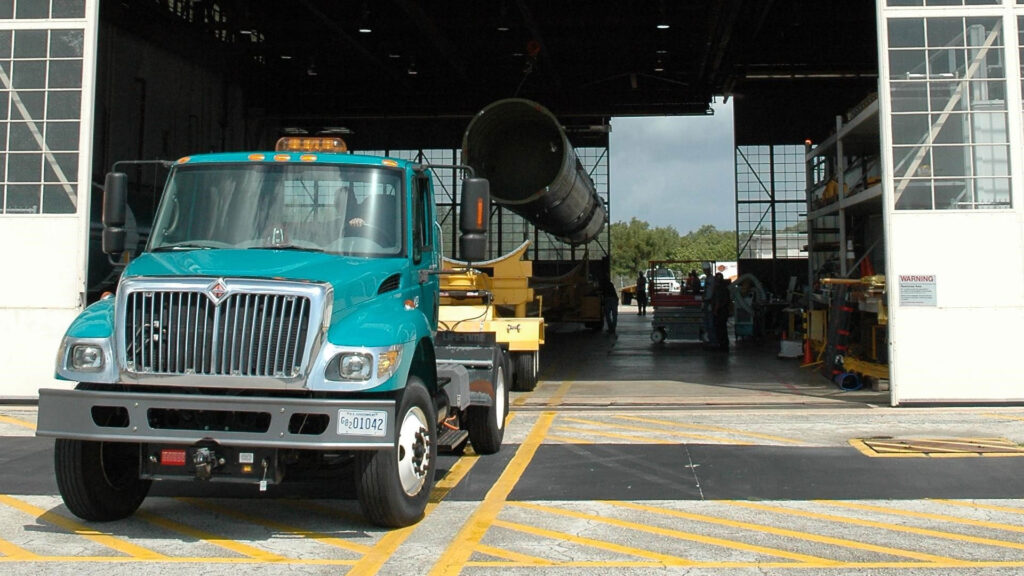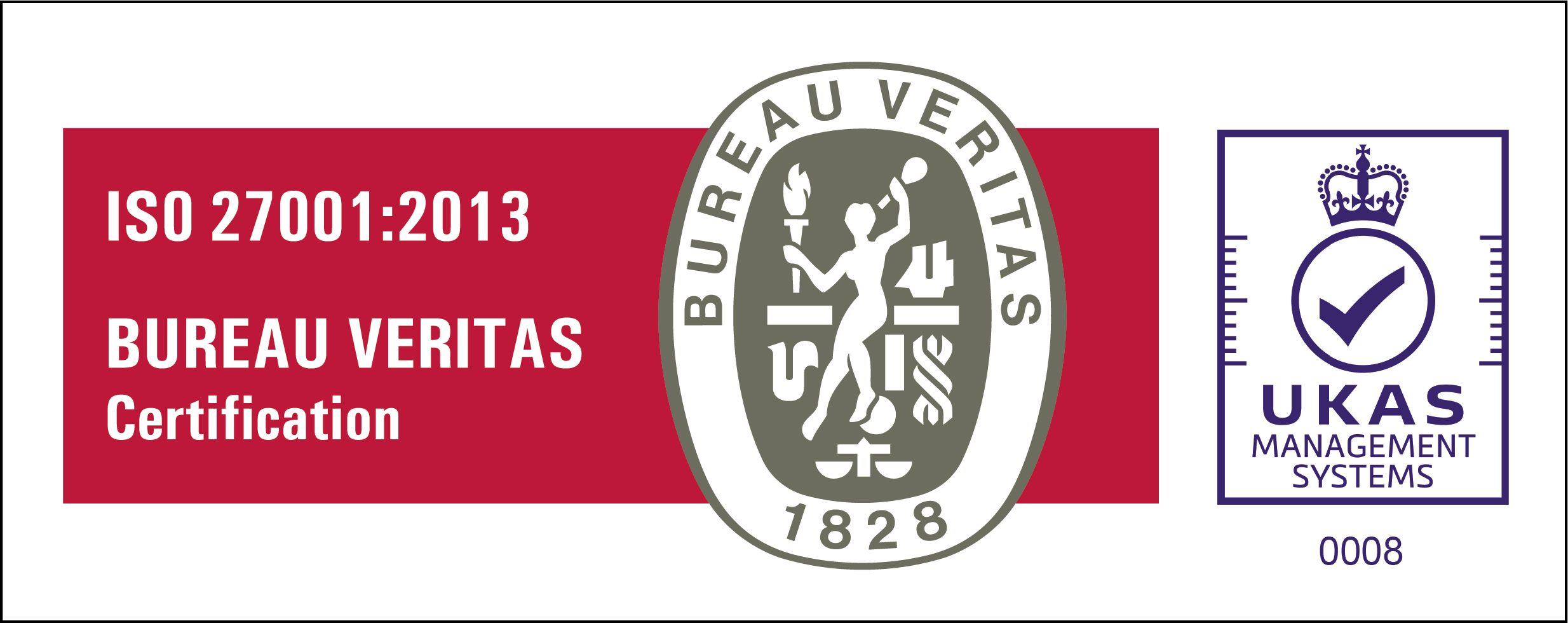The DVSA removed exemptions from annual testing for Heavy Goods Vehicles (HGVs) from May last year.
For HGV operators, vehicles which were previously exempt from annual testing must now have a valid test certificate in place.
The enforcement of the ruling has had a phased roll-out. The roll-out began in May 2018 and has a fast-approaching deadline of May 2019. No-longer-exempt vehicles now need annual testing, alongside any existing inspection schedules.
Many operators have already implemented annual testing for HGVs. Others, however, may now be worrying about compliance in the run-up to the May 2019 deadline.
What the phased approach means
The phased approach gives operators some leeway in arranging annual testing. The approach allows operators to spread testing throughout the year.
Operators can arrange annual testing in line with the vehicle’s tax renewal date, so long as the test certificate is in place before May 2019.
Operators with no-longer-exempt vehicles must have a valid test certificate in place between May 2018 and May 2019. This can be done alongside the vehicle’s regular tax renewal. They have been able to take the phased approach, so long as an HGV was:
- First registered before 20 May 2017
- Exempt from annual tests before 20 May 2018
Vehicles that are no longer exempt
‘HGV’ covers a wide range of vehicle types. Vehicles which are no longer exempt, but are eligible to take part in the phased roll-out (providing they meet the criteria above) include:
- Mobile cranes
- Breakdown vehicles
- Engineering plant
- Movable plant/equipment designed/constructed for the engineering operations
- Drying/mixing plant trailers
- Tower wagons
- Road construction vehicles
- Electrically propelled motor vehicles (first registered since 1 March 2015)
- Tractor units pulling exempt trailers
- Motor tractors and locomotives (heavy or light) based on an HGV chassis
Vehicles not eligible for the phased approach
Most HGVs are eligible to take part in the phased approach to HGV annual testing. Some vehicles though had to have a valid annual test certificate in place by 20 May 2018, including
- Motor vehicles to used in international traffic
- Mobile concrete batching plant (volumetric concrete mixers)
- Tractors with a design speed over 40km/h (when used for non-agricultural haulage beyond a radius of 15 miles from their operating base)
- Trailers of all types
How to comply with Heavy Goods Vehicle Annual Testing
The final deadline for HGV annual testing is coming up in May 2019. Operators taking part in the phased roll-out, who don’t already have a valid certificate in place, must now ensure compliance or face enforcement action.
Booking a test
Annual tests for HGVs can be booked at:
- An Authorised Test Facility (ATF)
- A Driver and Vehicle Standards Agency (DVSA) test station.
Bookings can be made over the phone or online. Learn more in the DVSA’s guidance on annual tests (MOTs) for lorries, buses and trailers.
Documentation
At a minimum, operators must keep a record of the vehicle’s most recent test date, and the outcome of that test. This information must be available for inspection by enforcement authorities.
Inspection
Carry out annual inspections for HGVs in accordance with the Guide to Maintaining Roadworthiness. The person carrying out the inspection must be:
- Technically competent
- Operationally aware of the safety standards that apply to the vehicle
Roadworthiness
As with any guidance on vehicle inspections, compliance ultimately depends on whether a vehicle is proven to be safe and roadworthy. As pointed out in the DVSA guidance on the changes to testing exemption regulations:
“The vehicle must be safe to drive (roadworthy) at all times.”
Staying compliant
Operators must incorporate HGV annual testing into their inspection and bookings schedule. Forgetting to schedule an annual test is not an excuse the DVSA will likely accept, and missing the test can leave your vehicle uncompliant and unsafe. Using a system like Stream’s automatic booking and inspection schedules, you can:
- Automate the scheduling of annual tests for each vehicle, based on the date of its last annual test
- Receive proactive notifications when a vehicle is due for annual testing
- Record the results and certification from each vehicle’s annual test (including the date and outcome of the most recent test). This keeps all vehicle documentation in a single, easy-to-find place for auditing purposes
- Follow any defects found during annual testing through to resolution. You can also track expected resolution dates and record resolution documents for vehicles
- Put other regular inspections in place. These could be date-based (6-weekly), mileage-based (every 10,000 miles), or use-based (before each run commences). Regular inspections catch and resolve issues early, avoiding a build-up of major issues. When major can cause serious time-off-the-road and safety issues. By inspecting vehicles regularly, you not only maintain compliance but can also be better prepared for the annual HGV inspection.
Learn more about how Stream’s Walkaround Check feature can help maintain the roadworthiness of your HGVs, and prepare for HGV annual testing. Request a demo or schedule one at a time to suit you today.








